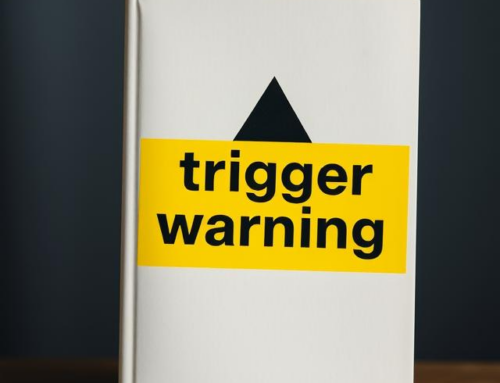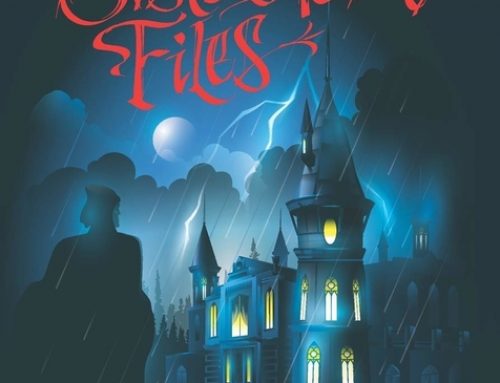As a self-published author, worrying about accidentally copying someone else’s creative work is natural. You are not alone in this fear, and it is a smart instinct to be cautious. However, taking inspiration is natural and necessary for your growth as a writer. Every great story draws from the author’s emotions and the creative works they admire — the key is to handle that process ethically.
Instead of mimicking plots, characters, or exact phrasing, focus on how a piece makes you feel or the broader theme it explores. Then, channel those insights through your voice and perspective. When you approach it with intention and integrity, you will create work that is fresh and unmistakably yours.
Inspiration vs. Copying
Inspiration means drawing ideas, emotions, or techniques from other works to spark your own original content. It involves letting great stories fuel your creativity, not dictate it. On the other hand, copying consists of using someone else’s exact words, characters, plots, or distinct style without meaningful transformation, or presenting someone else’s work as your own without proper attribution.
Understanding this difference is crucial because it protects your writing integrity and legal standing. Staying mindful of where inspiration ends and copying begins helps you create work you can proudly claim as your own while respecting the rights and efforts of fellow authors.
3 Tips for Drawing Inspiration Ethically
It is perfectly fine to take ideas from the stories, styles, and voices that resonate with you — every writer does it. These tips will help you do so ethically while ensuring your work stays fresh and uniquely yours.
-
Use Multiple Sources
Combine insights from various works instead of relying too heavily on one source. Blending different ideas, styles, and perspectives helps you create something fresh that reflects your voice.
The same mindset applies to seeking guidance. In fact, 75% of executives credit their success and growth to mentors. A trusted mentor can help you process your inspirations thoughtfully, offering feedback that keeps your work authentic.
-
Focus on Themes and Emotions
Focus on a story’s deeper themes or emotional impact, not on copying specific characters, dialogue, or plot points. Ask yourself what emotions the work evoked or what universal ideas it explored, and let those guide your storytelling.
For example, if a story about resilience moves you, you can craft your unique narrative about overcoming adversity. However, do not mirror the original plot or replicate its characters. This approach ensures your work is a fresh and personal take.
-
Absorb, Do Not Imitate
Read widely across genres to build a diverse creative foundation that sparks fresh ideas and broadens your storytelling skills. Drawing inspiration from your favorite writer puts you in the right mindset to craft your words. At the very least, you can temporarily emulate the rhythm and style of what you have read.
That is perfectly natural in the creative process. Let those ideas simmer before you start writing so they blend with your unique voice and perspective. When you give yourself this space, you will avoid unintentionally mimicking others and produce work that feels inspired and distinctly your own.
Embrace Inspiration While Staying True to Your Voice
Inspiration is a vital and healthy part of the creative process. It is how great ideas evolve and new stories take shape. If you handle artistry with care and respect, you can confidently draw from the works that move you.
Remember — your unique voice is your greatest asset. Lean into it and let it shine through everything you create.
Get an Editorial Review | Get Amazon Sales & Reviews | Get Edited | Get Beta Readers | Enter the SPR Book Awards | Other Marketing Services






















Leave A Comment